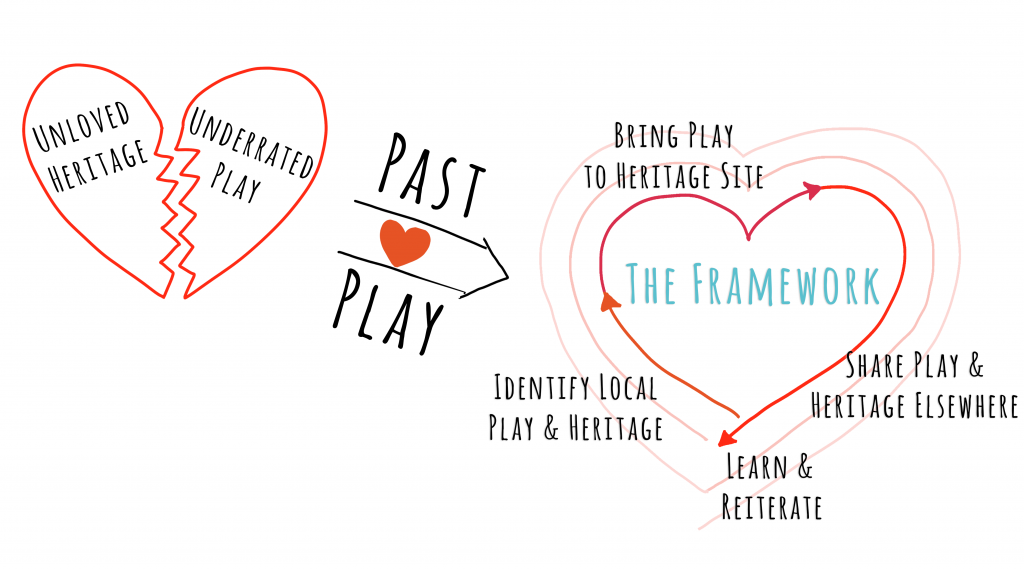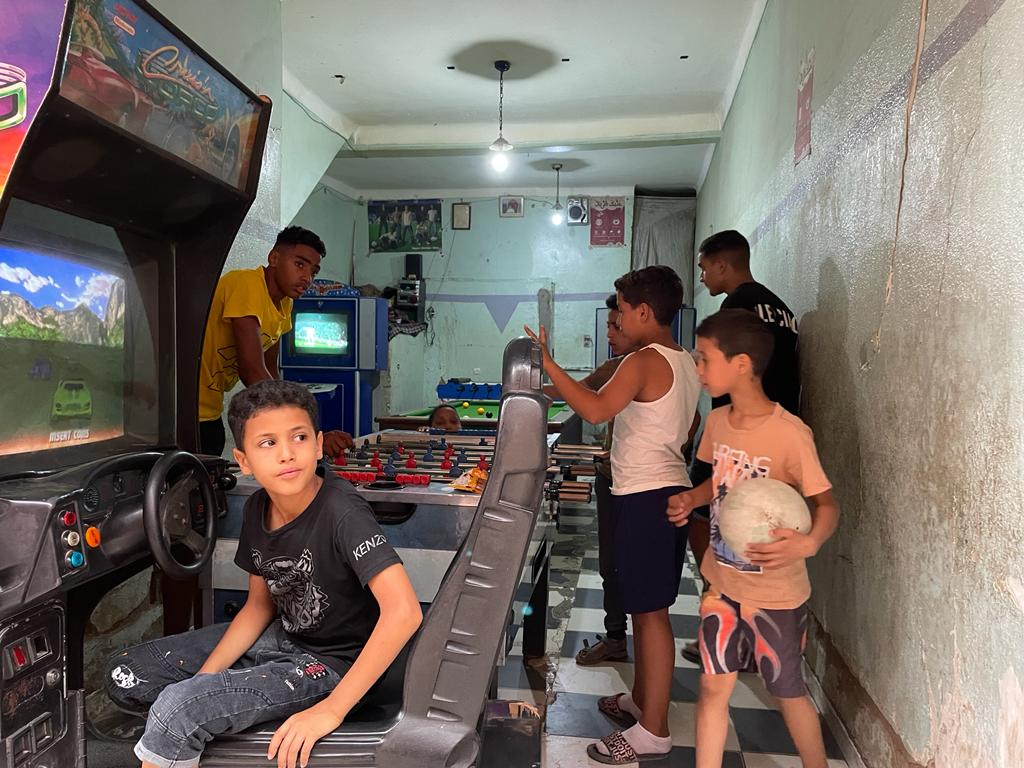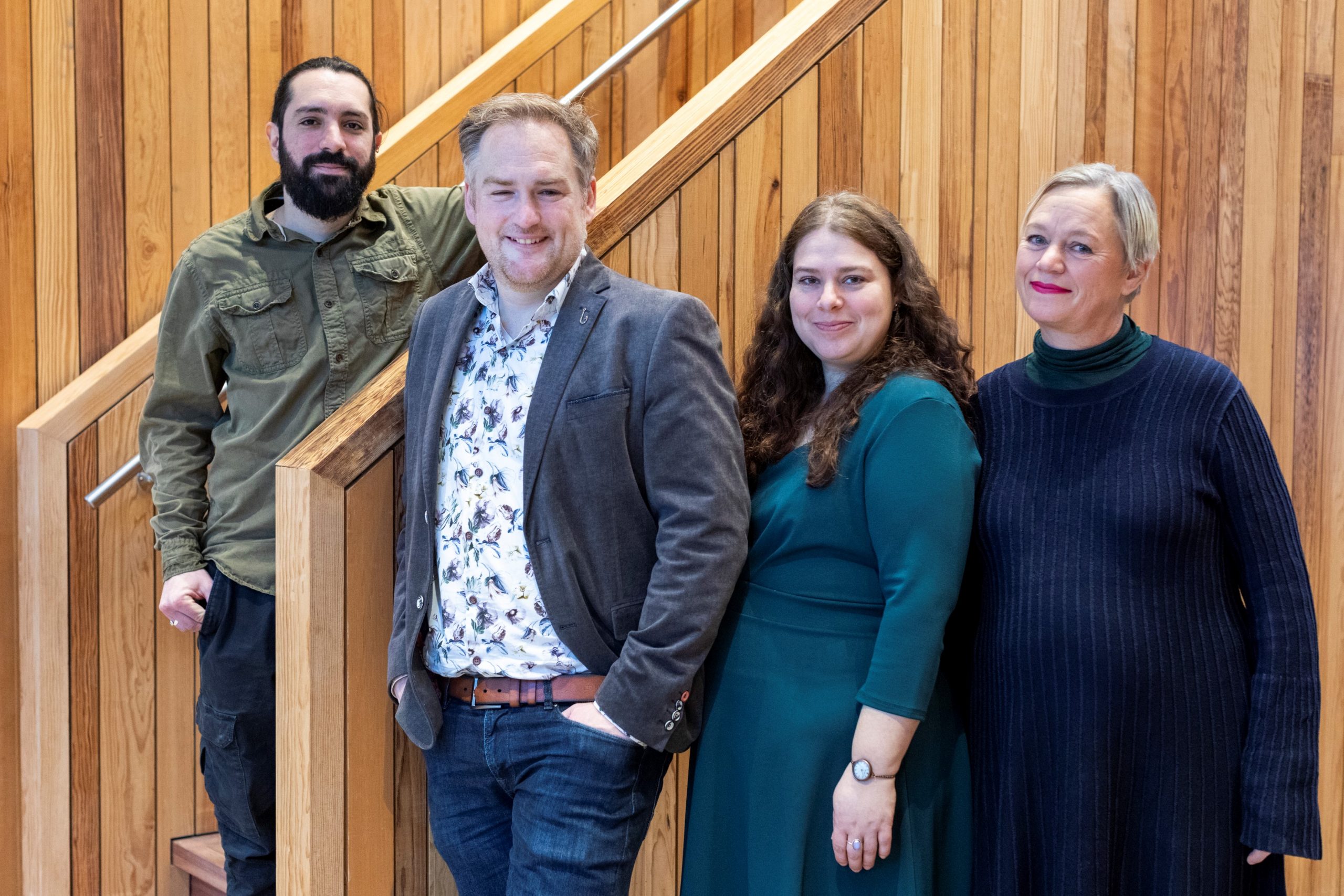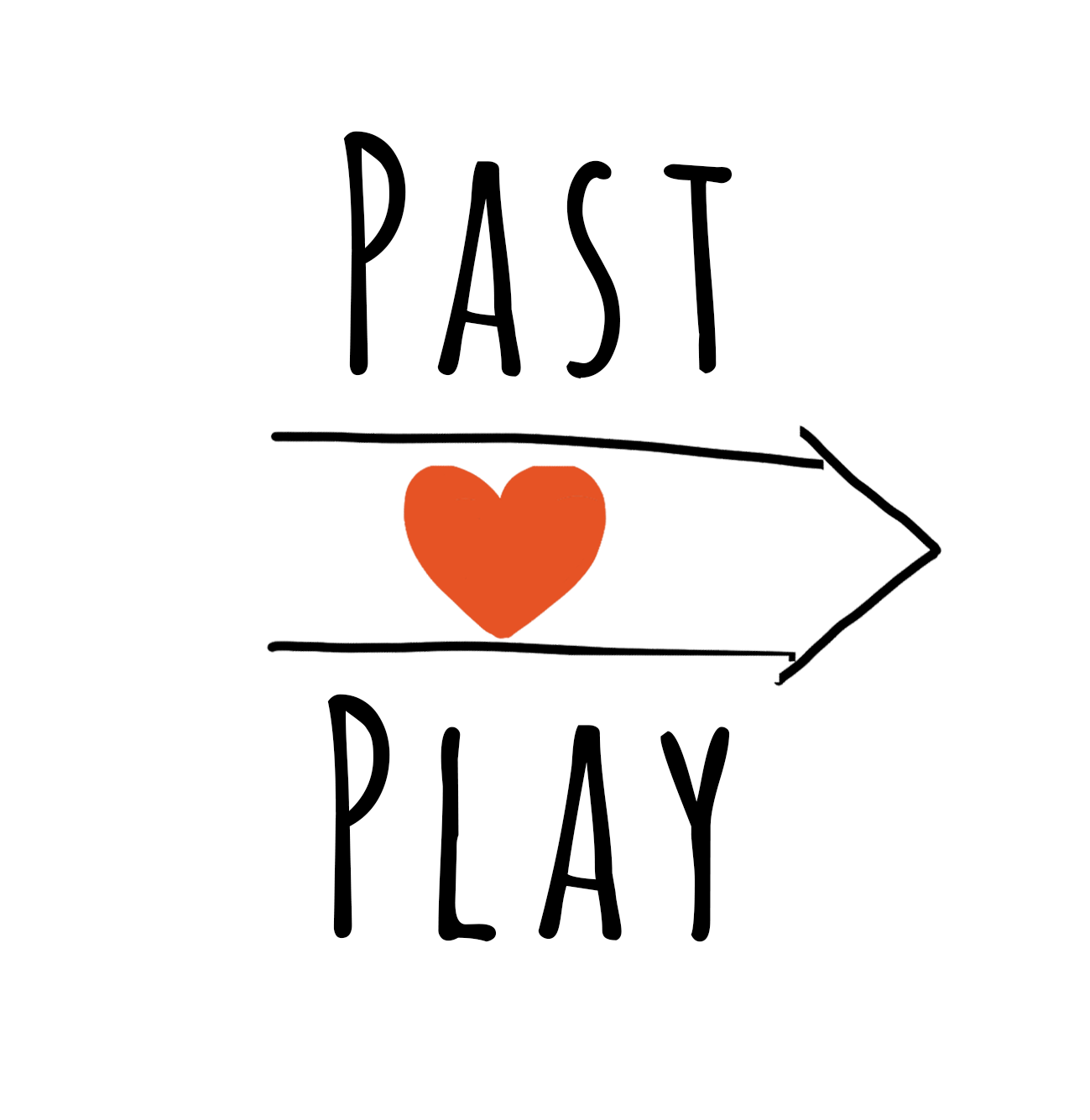
“How can we use play to gain a deeper understanding of the past?”
All culture is rooted in play, according to Dutch cultural historian Johan Huizinga (1872-1945). His acclaimed work argues that play is an integral element of culture and society. Yet little attention has been paid in academia to play as an essential cultural practice. At the same time, the heritage studies research field has long struggled with the question of why there is so little appreciation of some public heritage sites, such as culturally important buildings and places, in modern societies.
Our team innovatively brings together these seemingly disconnected issues by conceptualising play as cultural heritage and vice versa. We see play as a powerful tool to promote as well as explore the appreciation of cultural heritage. We have found that when local communities are actively engaged with the heritage in their neighbourhood through play, a stronger connection to these places often emerges.
An illustrative example of this approach is recent research conducted in Salé, a port city in Morocco. There, together with a group of secondary school students, we rebuilt the maritime Bab el-Mrissa city gate as it had stood in the 14th century. Not out of stone, but virtually, within the popular video game Minecraft. Teens were challenged to creatively imagine what the past would have looked like. Lively discussions unfolded about the ships that once sailed through the gate and schoolchildren shared pirate stories they had heard from their parents. With experiments like these, our team succeeds in conducting innovative humanities research into the contemporary perception and appreciation of cultural heritage. Moreover, our interactive research shows that play can help turn endangered heritage sites into meaningful places that are a vibrant part of local communities.
The work of our research team covers a broad spectrum of disciplines, ranging from digital humanities, history, archaeology, museology and game, media and heritage studies. Besides this unique combination of expertise, what makes Past ❤ Play really stand out is our drive to build bridges between academia and society. Another successful example is the Past-at-Play lab, which researches play in the past by having participants play board games from ancient times. The researchers try to find out what way people played in earlier times and what experience was involved. At the same time, they analyse how contemporary participants experience the past through these ancient games.

“Play is universal, but it is experienced differently in every culture.”
In addition, we are critically mapping how the past is portrayed in contemporary video games and how this affects how players feel about cultural heritage. Among other things, our previous research has shown that stereotypical depictions in popular games such as Assassin’s Creed stem from a specific, often very Western image of history among game developers and players. These insights, based on broad knowledge of archaeology and decolonisation, have had significant influence on the emerging research fields of archaeogaming and historical game studies.
Play is universal, but it is performed and experienced differently in every culture. As a next step therefore we plan to conduct ethnographic fieldwork in the Netherlands, Morocco and the Caribbean. By studying the phenomenon of play in various places around the world, we aim to gain more insight into cultural differences within play practices, while at the same time finding answers to the question of why people worldwide deal with heritage so differently.
With Thanks To
Past ❤ Play is funded thanks to the Ammodo Science Award for groundbreaking research, awarded in 2024. The project is run through Leiden University’s Faculty of Humanities and Faculty of Archaeology.



